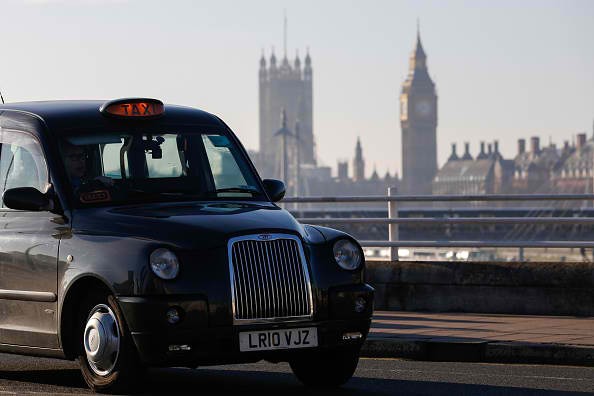Chinese automotive manufacturer Geely opened its factory in Coventry in the United Kingdom to build an electronic version of the British black taxi.
Geely bought the London Taxi Company (LTC) and bought the rights to duplicate the classic British cab. The plant in Coventry is valued at 1.65 billion yuan.
Li Shufu, chairman of Geely, wrote an article for the opening of the English factory. He stated, "Today, Zhejiang Geely Holding Group, of which I am chairman, will reaffirm our commitment to the U.K. with the opening of the first new Chinese-backed car plant in Britain, built in just two years, to launch a 21st century version of a famous motoring icon: the London taxi cab."
According to a statement by the LTC, the factory "has the capacity to build more than 20,000 vehicles per year . . . the best ultra-low emission commercial vehicles in the world."
Four years ago, Geely saved The London Taxi Company from going bankrupt.
Geely also owns Volvo and will be using Swiss technology in the new e-taxis.
Chris Gubbey, the chief of the taxi company, said that the factory's launch "marks the rebirth of the London Taxi Company."
The new factory will produce 1,000 new jobs.
"The plant is the first brand new automotive manufacturing facility in Britain for over a decade, the first dedicated electric vehicle factory in the U.K. and the first major Chinese investment in U.K. automotive," said LTC Chairman Carl-Peter Forster.
Geely's chief executive wrote that China sees the U.K. as a "hub for innovation in new energy technology."
The opening of the car factory coincides with the signing of Article 50 to formalize Britain's withdrawal from the European Union.
Li wrote, "When the British Government triggers Article 50 to begin negotiating its withdrawal from the European Union, the whole world will be watching. From Shanghai to Silicon Valley companies with investments and trading interests in the U.K. will want to understand what it means for the economy, for exports, and for regulations."
He added, "But, for now, China continues to see the U.K. as a hub for innovation in new energy technology, for manufacturing expertise and for skills."




























